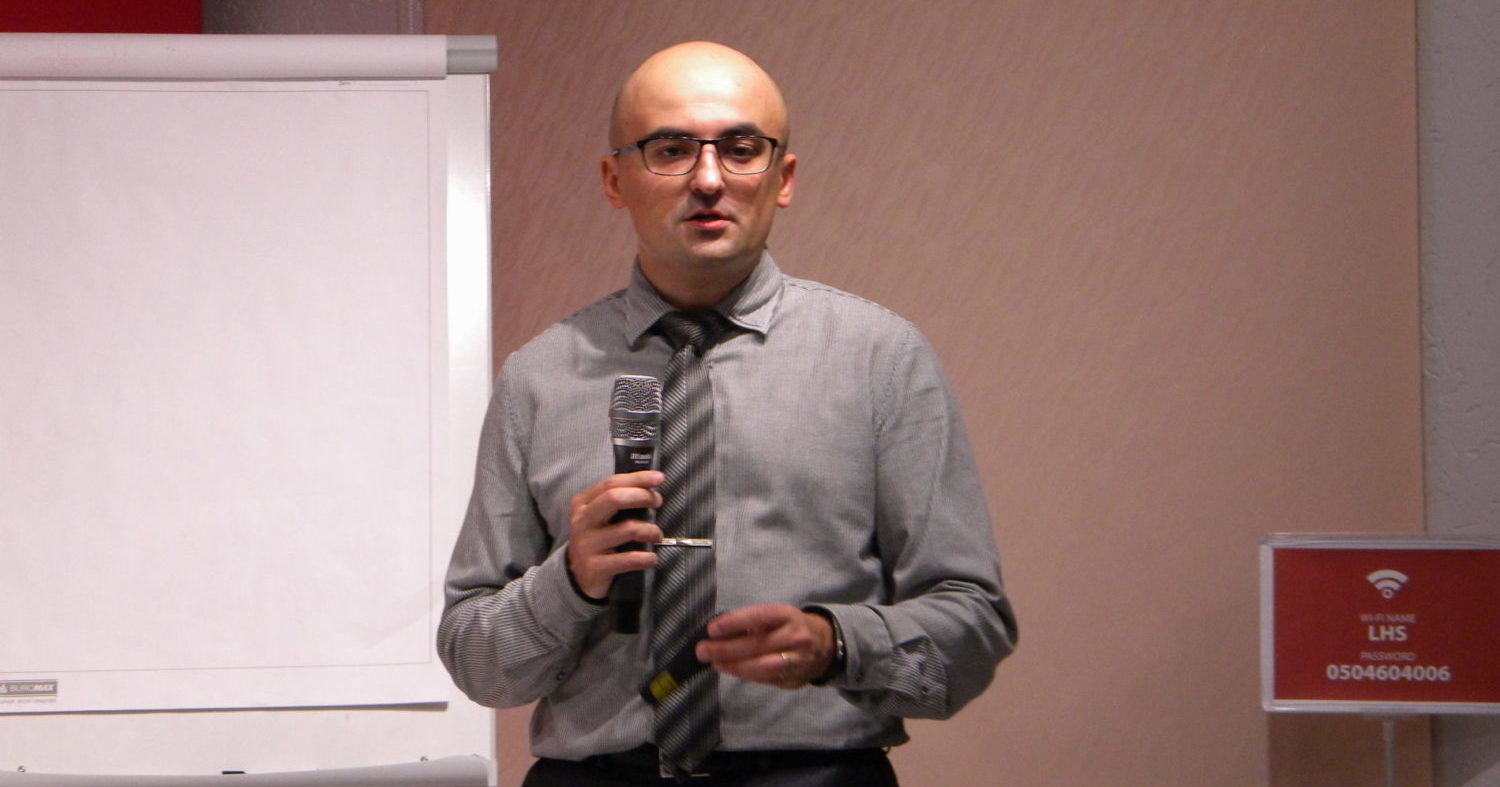
Opinions State State Tax Service of Ukraine 1625 24 May 2024
Platts provisions of the Tax Code cannot be applied to transfer pricing, but only to rent payments
The current practice of transfer pricing (TP) control by the tax authorities indicates unfairness of the controlling authorities, as the same decision can be applied selectively to taxpayers in different industries and even within the same sector. In addition, the use of a single source of information – Platts quotes – poses a threat to the entire Ukrainian mining sector, which is export-oriented.
A negative precedent
The conclusion of the Supreme Court of Ukraine in the case of Poltava Mining (PGOK) dated 27.06.2022 set a precedent for the mining and fuel and energy complex (FEC) companies. The tax authorities managed to persuade the court, which issued a legal opinion that the rules 14.1.269 and 14.1.270 (which appeared on January 1, 2015, and define the term Platts) should be applied to control TP.
To date, specialized lawyers have never heard an explanation whether the rules of subpara 14.1.269 and 14.1.270 apply to TP at all. The Supreme Court’s precedent-setting decision on the PGOK entitled the State Tax Service of Ukraine to use Platts price quotations as the sole source of information for any TP transaction. I would like to remind you that the rule on the use of these quotations was adopted in December 2014 exclusively for the calculation of rent for the extraction of mineral resources.
The tax authorities began to selectively apply these rules during transfer pricing audits of steel enterprises and mining and processing plants of Metinvest and Ferrexpo. Interestingly, the tax authorities did not apply this approach to taxpayers from the same mining industry (e.g., the Supreme Court ruling on Rudomine LLC), which was a kind of manipulation. The fiscal authorities de facto misled the Supreme Court, as the TP topic is quite specific, and not even all tax lawyers have a detailed understanding of it. And the court ruled that the rules 14.1.269 and 14.1.270 should be applied only to two sectors of the economy – mining and fuel and energy – solely on the basis of the controlling authority’s unfair behavior
Is it correct to use only Platts
TP control using price indicators such as Platts is possible only for the first TP method – the comparable uncontrolled price method. In total, Ukrainian law provides for 5 such methods. If a company uses, for example, the net profit method, the comparable price method will not be possible.
In addition, according to the Big Four audit firms, there is no practice of using one source of information for TP control worldwide, as it contradicts the very essence of TP. Therefore, Ukraine’s experience contradicts international practice and discriminates against Ukrainian business.
It is also important to note that Platts is a private company and does not disclose the sources on the basis of which it provides indicative prices. Therefore, it is impossible to control the correctness of their price quotes. Using Platts as the sole source of information for TP control may carry risks of pressure on the mining and fuel and energy sectors. This could happen if Platts shows certain quotes for the Black Sea region that could make any Ukrainian export-oriented enterprise unprofitable.
A controversial practice
In December 2021, the State Tax Service (STS) sent a letter to its territorial bodies prohibiting contradictory behavior (good faith) in TP cases. It seems that good faith should apply to all cases, but in practice this is not the case.
The court practice also demonstrates inconsistency of the STS with a difference of one month. In some court cases, companies are required to use Platts quotes (in the case of certain enterprises of Metinvest or Poltava Mining), while in others they are not, such as the mining company Rudomine. There was also the case of ArcelorMittal Kryvyi Rih, which ended at the appeal level in 2018, and there are no claims that Platts data is mandatory.
Such actions of the tax authorities during inspections of controlled transactions indicate contradictory behavior and non-compliance with the principle of good faith by the officials of the controlling authorities.
Conclusions
In the current environment, the STS does not care about the legality and correctness of its actions and conclusions, including in courts. Their goal is fiscal, to draw up an audit report or analytical certificate with the amounts of understated taxes, which are then immediately transferred to the BES or the Prosecutor General’s Office to initiate criminal prosecution.
To summarize: the recognition of Platts as the only source of information for TP control is not established in Ukrainian legislation and is manipulative on the part of the STS. This poses risks for the mining and metals and energy sector, as it creates risks of artificial tax surcharges. At the same time, the statute of limitations has been extended by seven years, i.e. until 2013-2014, and was suspended during the quarantine and martial law.
This opinion was expressed by Volodymyr Bevza at the roundtable discussion «Problems of Exporters in Time of War: Regulatory Challenges» organized by GMK Center.






